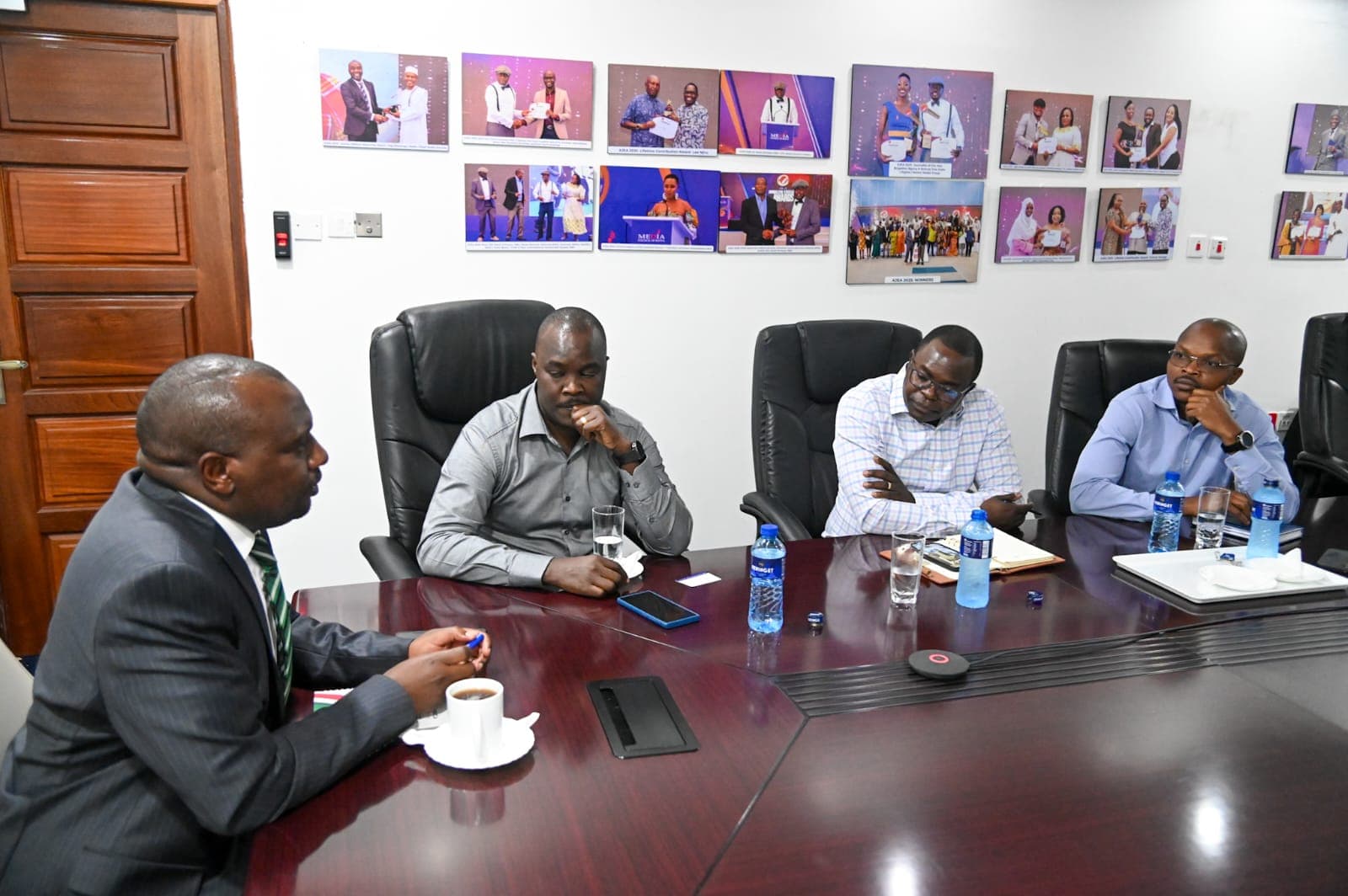We're loading the full news article for you. This includes the article content, images, author information, and related articles.
At a Nairobi forum, media leaders urged the government to collaborate with journalists on policy and funding reforms, proposing a media task force to bolster sustainability and rebuild public trust in an era of misinformation and political polarisation.

Nairobi, Kenya — 2025-09-10 10:30 EAT. Media Council of Kenya (MCK) CEO David Omwoyo and other industry figures have urged renewed engagement between media stakeholders and government to restore public trust, protect editorial independence, and explore sustainable funding and self-regulation models. (Media Council of Kenya )
What happened now: At a forum convened recently, David Omwoyo appealed for institutionalised dialogue between media houses, regulators, and government. He emphasised that trust in journalism has eroded due to misinformation, political polarisation, and inconsistencies in government messaging.
Why it matters: Media credibility is central to democratic accountability; without public confidence in news sources, misinformation and distrust grow.
Status: Confirmed; proposals for a national media policy task force are under consideration.
The Media Council of Kenya is a statutory body established under the Media Act, 2004, tasked with regulating the media, accrediting journalists, upholding the Code of Conduct, and handling public complaints.
There have been recurring tensions over issues such as government advertising rules, alleged bias in coverage, use of national security laws, and editorial interference, which have fueled claims that media freedom is under threat.
In recent years, concerns over spread of false information, especially via digital platforms, have placed additional pressure on the media to maintain high ethical standards.
Constitution/Acts: The Media Act, 2004 (amended) gives MCK regulatory powers; the Constitution guarantees freedom of expression under Article 33.
Jurisdiction & Mandate:
• MCK regulates media standards;
• Media houses and journalists are bound by the Code of Conduct for Practice of Journalism in Kenya;
• Government’s role includes providing policy, regulation, and respecting media freedoms.
What should happen next per law:
• A policy task force to be formed to review frameworks for funding, ethics, and self-regulation.
• Possible reforms to government communication policies and advertising regulations.
• Protection mechanisms for journalists under threat.
David Omwoyo (CEO, MCK): Called for “dialogue with government and other stakeholders to restore public confidence in journalism.” Urged media to hold truth, accuracy, clarity as core values. (turn0search0)
Media Owners / Editors: Proposals to explore sustainable funding models, such as tax incentives, infrastructure support, and reduced import duties on media equipment. (Reported in MCK announcements) (turn0search0)
Civil Society / Journalists’ Associations: Support for strong self-regulation, safety for journalists, and resisting political or commercial pressures that compromise editorial integrity.
|
Detail |
Information |
|---|---|
|
Institution |
Media Council of Kenya (MCK) |
|
Key Person |
David Omwoyo, CEO |
|
Core Concerns |
Erosion of trust, misinformation, editorial independence, sustainability |
|
Proposed Action |
National media policy task force; dialogue with government; explore funding incentives and ethical frameworks |
|
Legal Basis |
Media Act, Constitution Art. 33 |
Credibility at stake: If media does not act on ethics or remains perceived as biased, public trust may continue to fall.
Regulatory overreach risk: Without clear protections, government policy may slide into censorship or restrictions under security pretexts.
Sustainability challenge: Funding models relying heavily on advertising or government contracts may limit independence.
Digital disruption: Media outlets must adapt to changing consumption habits or risk being sidelined.
Composition and timeline for the proposed media policy task force.
How government will respond: willingness to create space for independent oversight and press freedom.
Specific funding incentives under consideration and their fiscal implications.
How self-regulation would operate in practice: what enforcement, sanctions, or oversight.
Early September 2025: MCK issues invitation for renewed media-government dialogue. (turn0search0)
Past months: Reports of rising misinformation and complaints about inconsistent press freedom protections.
Proposed Next Steps: Establish task force; possibly draft new policy and legal reforms.
Announcement of task force formation, membership, and mandate.
Government responses, particularly in policies touching advertising, national security, and regulation.
Media houses’ adoption (or resistance) to self-regulatory measures.
Court or legislative developments protecting or challenging press freedom.
Keep the conversation in one place—threads here stay linked to the story and in the forums.
Sign in to start a discussion
Start a conversation about this story and keep it linked here.
Other hot threads
E-sports and Gaming Community in Kenya
Active 9 months ago
The Role of Technology in Modern Agriculture (AgriTech)
Active 9 months ago
Popular Recreational Activities Across Counties
Active 9 months ago
Investing in Youth Sports Development Programs
Active 9 months ago